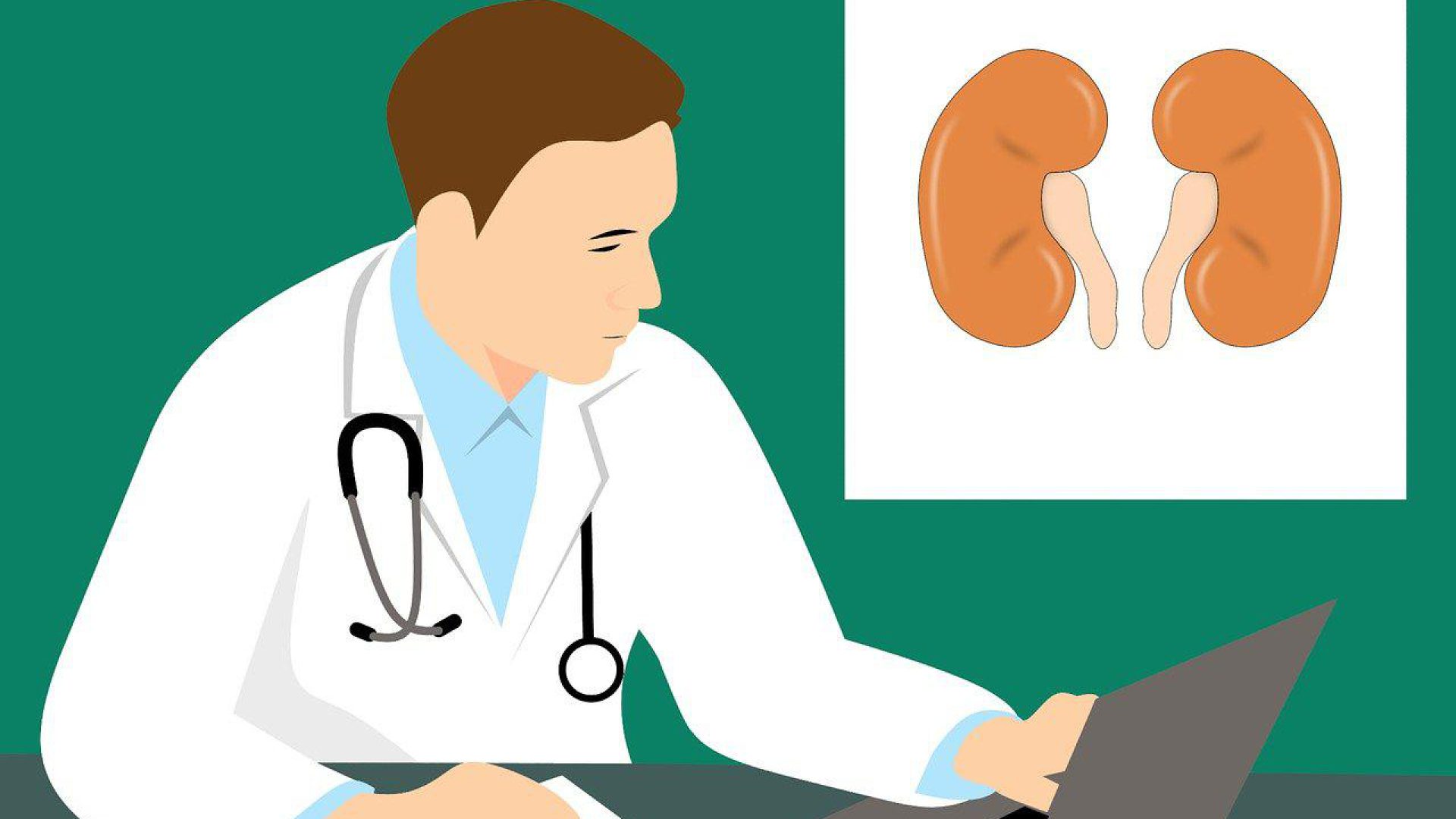
Research into the early detection of kidney damage through a simple urine test has proven successful. In 2019 and 2020, approximately 15,000 residents aged 45 to 80 in the Municipality of Breda were invited to participate in the NierCheck study. More than half (59%) of the individuals participated by conducting at-home urine tests for protein. Among them, 3.5% were found to have signs of kidney damage, which could eventually lead to heart and kidney failure.
In the Netherlands, around 1.7 million people have chronic kidney damage, but a significant portion of these individuals are unaware of their condition. If left unaddressed, chronic kidney damage is projected to become the 5th leading cause of death globally by 2040. Early detection of kidney damage enables prompt treatment and better prevention of kidney failure. Professor Dr. Ron Gansevoort from UMC Groningen led the NierCheck project, stating, "The consequences of kidney damage are substantial, not only for the well-being of the individuals affected and their surroundings, but also for society due to the high costs associated with dialysis, transplantation, and other health issues. The research aimed to establish whether NierCheck delivers health benefits and cost savings."
Promising Results
The NierCheck study, a precursor to the Check@Home consortium by the DCVA, has demonstrated that the Dutch population willingly engages in the straightforward at-home test. Breda, in terms of demographic composition, is representative of the Dutch populace. Nearly every participant with an elevated risk in the home test opted for additional examinations at the Amphia Hospital, even amid the prevailing COVID-19 measures at that time. Among individuals with confirmed kidney damage, only 54% eventually sought treatment from their general practitioners. Subsequent research aims to encourage a higher proportion of individuals to seek medical attention from their GPs, thereby preventing dialysis, kidney transplantation, and cardiovascular diseases. The research findings have been published today in the premier international medical journal, The Lancet. Initial results from the study on the cost-effectiveness of the screening demonstrate that medical benefits can be achieved at reasonable costs.
Follow-up research
The Kidney Foundation (De Nierstichting) has been focusing on early detection of kidney damage for a considerable period and is highly pleased with the positive outcomes. The researchers, along with Amphia, the Municipality of Breda, general practitioners, and laboratory personnel in the region, have successfully collaborated through the NierCheck project to achieve early detection. To achieve even more health gains, all these parties have joined forces again in a follow-up study in the Breda region. This initiative is undertaken in collaboration with the Dutch CardioVascular Alliance, the Heart Foundation, the Diabetes Fund, a significant number of researchers, and various private partners.
Annemiek Dorgelo, Program Manager of Prevention at the Kidney Foundation, states, "With this follow-up study, our aim is to detect not only kidney damage but also cardiovascular diseases and diabetes at an early stage. These three conditions frequently coexist and affect numerous individuals. Through a nationwide approach, we intend to prevent the progression of kidney damage and complications such as heart and kidney failure." In the coming years, research will also be conducted in the Utrecht, Arnhem, and Eindhoven regions. The ultimate goal is to determine whether this could lead to a nationwide population study, potentially by combining the urine test with the existing Colorectal Cancer Screening. In this scenario, urine and feaces would be sent together to the laboratory to identify kidney diseases and colorectal cancer.
The NierCheck project involved collaboration from the following entities:
The project involved joint efforts from UMC Groningen, Amphia, general practitioners from the Breda region, Healthy.io, Copernicus, and the Kidney Foundation. KPN Health facilitated secure data exchange within the project through KPN E-Zorg. Copernicus Interchange Technology developed the platform that effectively managed various data streams among the involved parties. The total budget amounted to approximately €800,000 and was made possible in part by grants from Health~Holland, the Life Sciences & Health Top Sector of the Ministry of Economic Affairs, and the Kidney Foundation.
